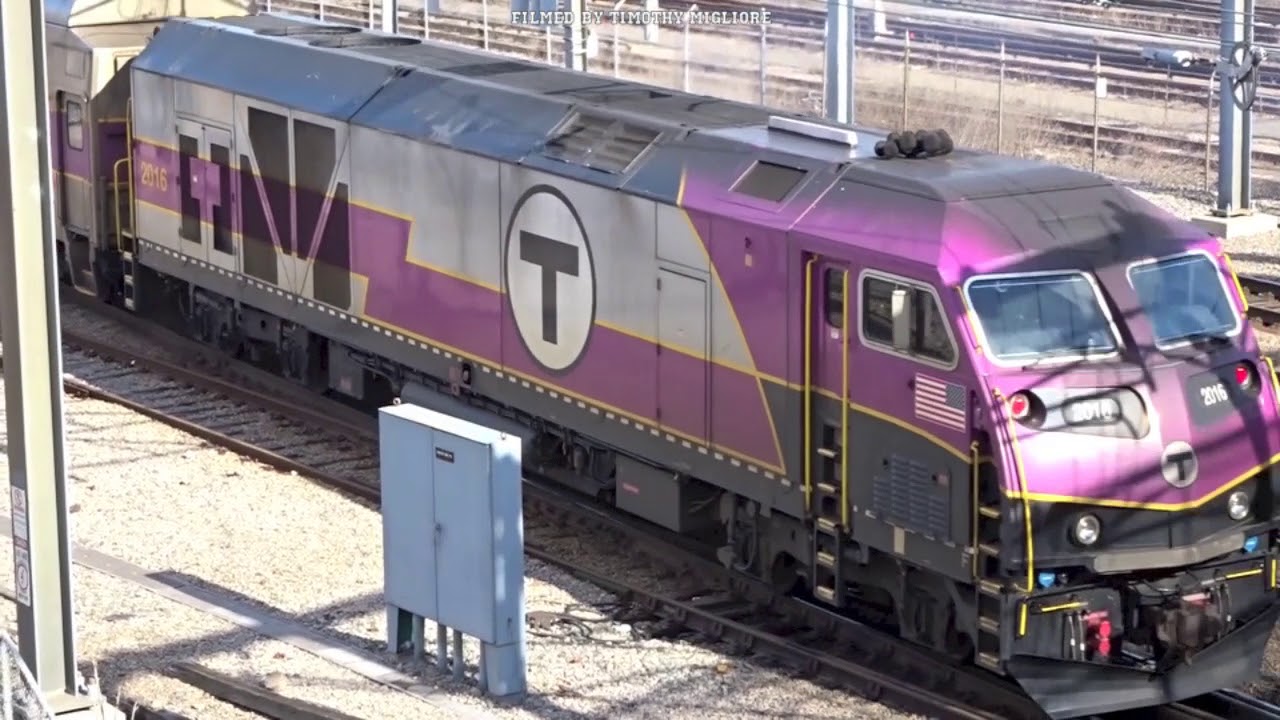The following is a media release from Sen. Ed Markey, who was elected by voters in the Commonwealth of Massachusetts to serve the state in Washington DC in the US Senate. He is a Democrat.
***
[broadstreet zone=”51611″]
WASHINGTON – Massachusetts Congresswoman Ayanna Pressley (MA-07) and Senator Edward J. Markey (D-MA) unveiled today, June 26, the Freedom to Move Act, bold legislation to support state and local efforts to promote public transportation as a public good and provide fare-free public transit systems.
“Our public transit systems are meant to provide communities with the mobility and freedom to access critical services, but far too many in the Massachusetts 7th and across the country lack reliable, safe, and affordable transit service,” said Congresswoman Pressley. “The Freedom to Move Act invests heavily in our public transit systems so that states and localities can offer safe, high-quality, and fare-free rides, and would ensure that everyone in community—including our essential workers who depend heavily on public transportation—can access jobs, food and essential services like education and health care.”
“Affordability and accessibility must define our public transit systems to ensure they truly spur economic growth and community development,” said Senator Edward J. Markey. “By supporting state and local efforts to implement fare-free public transit systems, we can provide low-income workers and families, seniors, and individuals with disabilities with improved access to jobs, education, and medical care, all while simultaneously reducing traffic congestion and greenhouse gas emissions. I’m proud to introduce the Freedom to Move Act with Congresswoman Pressley and look forward to fighting together for this critical legislation.”
[broadstreet zone=”52093″]
“Transit justice is fundamental to economic empowerment and racial equity across every neighborhood,” said Boston City Councilor At-Large Michelle Wu. “When we remove barriers to reliable, safe, convenient public transit, all communities benefit with cleaner air, safer streets, and faster commutes. Public transportation is a public good, and I am grateful for the leadership of Representative Pressley, Senator Markey and this coalition to move us closer to realizing the promise of equity and opportunity for every community.”
Before the COVID-19 pandemic, workers and families were spending more time and money commuting to jobs, education and other critical services than ever before.
Data shows that low-income families in particular bear the biggest financial burden–spending nearly 30 percent of their household income on transportation expenses.

At the same time, increased traffic congestion is contributing to growing greenhouse gas emissions and pollution, exacerbating climate change and contributing to health disparities like asthma and lung cancer in communities already at the margins.
Increasing access to free, safe, reliable and accessible public transit systems will help improve community livability and mobility, increase connectivity to critical services—particularly for low-income workers and families, seniors and individuals with disabilities—and address many of our nation’s most severe inequities.
[broadstreet zone=”80100″]
The Freedom to Move Actwould help to support state and local efforts to promote public transportation as a public good for all by:
- Supporting state and local efforts to implement fare-free public transportation systems. The bill establishes a $5 billion competitive grant program, known as Freedom to Move Grants to offset fare revenues for transit agencies.
- Investing in efforts to improve the safety and quality of public transportation service, particularly in low-income and historically underserved communities, including by:
- Covering operational costs, including the hiring and training of personnel, fuel costs, and maintenance.
- Investing in public health emergency response efforts, including personal protective equipment and administrative leave for operational personnel.
- Improving the safety and accessibility of bus stops, pedestrian and bike shelters.
- Redesigning bus routes to improve service, modernizing and improving the accessibility of signage; and
- Modernizing surface infrastructure such as painted bus lanes and signal priority systems to alleviate traffic congestion and improve multi-modal accessibility.
- Requiring grantees to utilize funds with a particular focus on addressing transit equity gaps. Grantees would be required to work in partnership with community advocates and stakeholders to report on how resources will be used to improve the reliability of transit service for low-income and historically underserved communities.
The Freedom to Move Act is endorsed by LivableStreets Alliance, Alternatives for Community and Environment, Transport Workers Union of America International Union, Allston Brighton Health Collaborative, Institute for Transportation and Development Policy, Massachusetts Senior Action Council, Action 4 Equity, Mattapan Food and Fitness Coalition, Green Newton, Boston Cyclist Union, Massachusetts Bicycle Coalition, WalkBoston, Transit Matters, Community Labor United, Green Roots Chelsea, Bikes Not Bombs, 350.org MASS, Conservation Law Foundation, MASSPIRG, Sierra Club Massachusetts.
[broadstreet zone=”53820″]
“In this time of crisis, transit has proven itself as a critical lifeline, allowing essential workers to get to their jobs and enabling thousands of people to access health care across the country. Well before COVID-19, many people were struggling to pay their transit fares. Now, with significant unemployment and a likely slow recovery, many more could be cut off from our vital transit systems. We must ensure access to safe and reliable transit, especially for our most vulnerable–our recovery as a nation depends on it,” said Stacy Thompson, Executive Director at LivableStreets Alliance.
“The Transport Workers Union is proud to support the bicameral Freedom to Move Act, which would expand access to safe, accessible, reliable, and fare-free, public transportation around the country without threatening any funding for existing transit service. The legislation would allow public transit to live up to its promise of improving the quality of life for everyone. It is time for Congress to act to ensure a more equitable transportation system. We applaud the work done by Representative Ayanna Pressley and Senator Ed Markey in bringing light to this critical issue,” said Transport Workers Union President John Samuelsen.
[broadstreet zone=”59984″]
“Everyone – no matter their race, age, physical ability, or income – should be able to move freely between the places they live, learn, work, worship, and play. Riders deserve a transit system that is efficient, reliable, and affordable,” said Staci Rubin, Senior Attorney at Conservation Law Foundation. “The MBTA has not had the resources to make that a reality. Congresswoman Pressley’s bill would help fund much-needed improvements for the MBTA and regional transit agencies throughout the country, while cutting air and carbon pollution in our neighborhoods.”
“Public transit has long been least accessible, reliable, and affordable to those residents who need it most – communities of color, low income, and frontline communities. These communities routinely receive lower levels of public investment, while facing the most direct health and environmental impacts of our dirty fuel economy. The Freedom to Move Act will bring critical investments that improve the safety and quality of public transit and most importantly, uplift these historically underserved communities through the opportunities that come with clean, reliable and fare free transit,” said Veena Dharmaraj, Director of Transportation, Massachusetts Sierra Club.
[broadstreet zone=”59948″]

